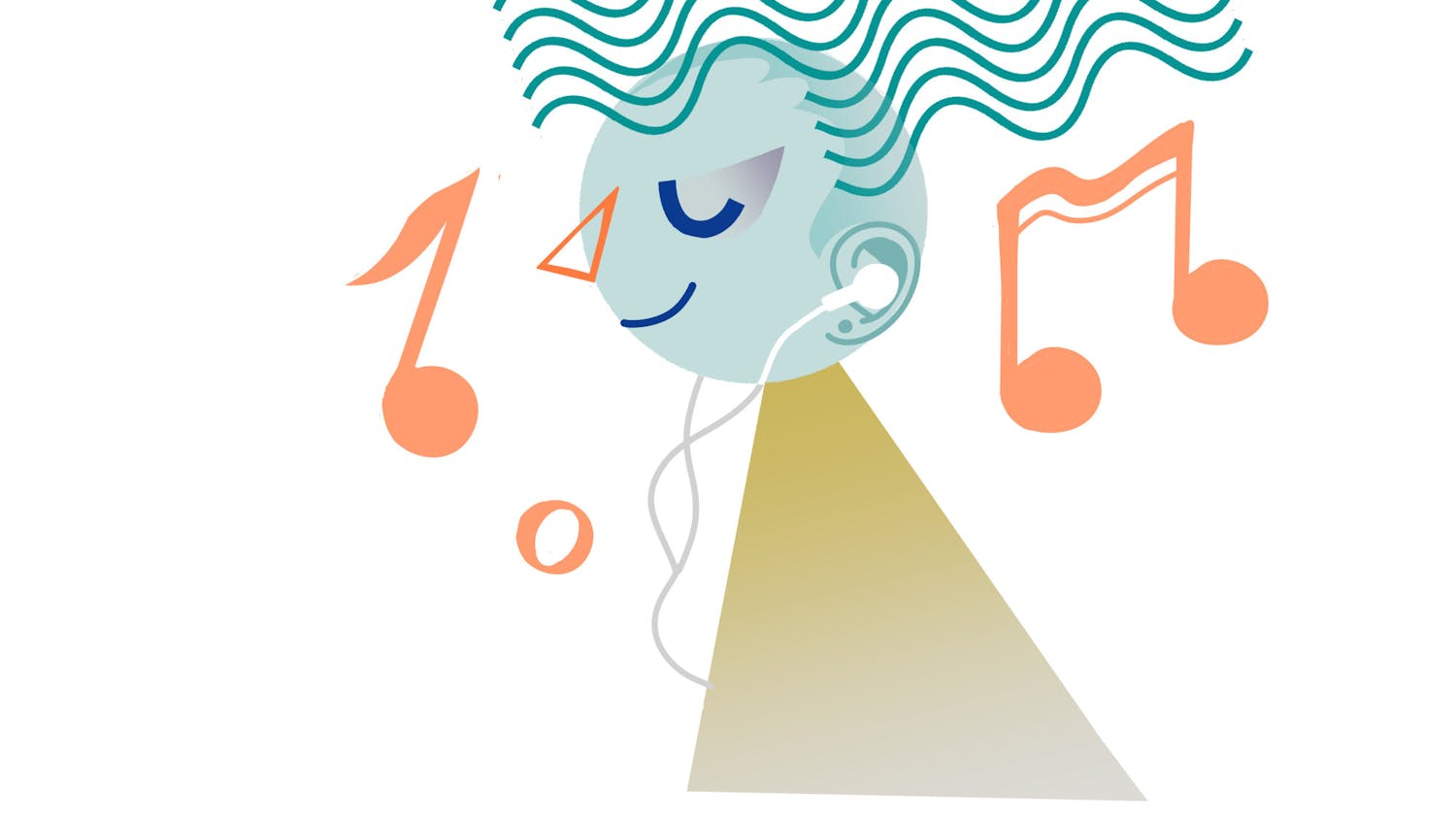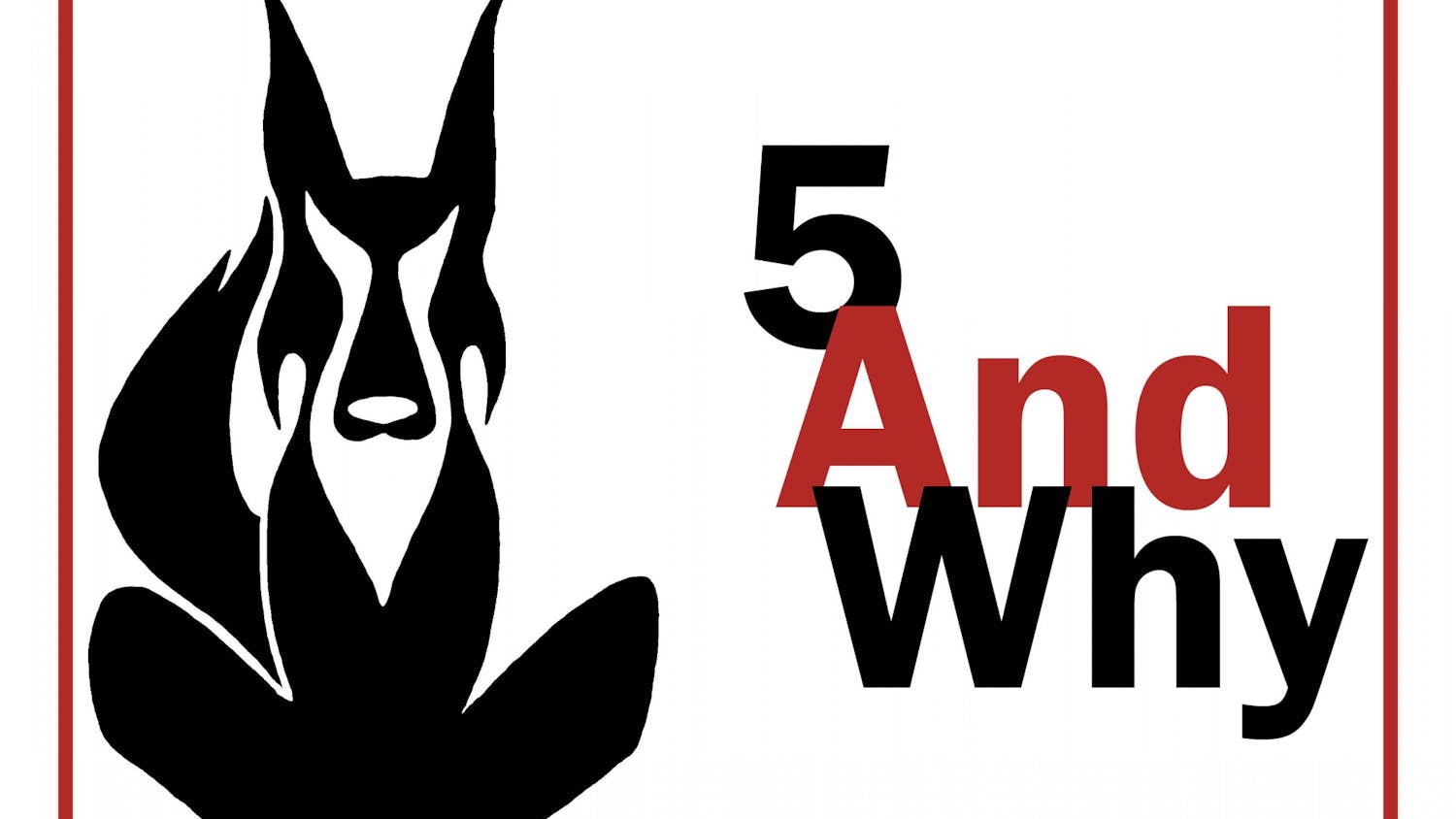I’ve been there; in fact quite recently and right here in this column. My last article was about sexual assault and resources to tap into if it happens to you. Yet I somehow managed to not mention the resource most near and dear to me and most convenient and immediate to you on campus: our very own SHAC. I guess I figured SHAC was a given.
My grown children know all about this. They are always the last ones to hear plans for a family reunion. I just assume they know by osmosis or something. Chalk it up to my middle-aged brain.
At any rate, beyond exposing my flaws and begging mea culpa, I thought I would take this opportunity to showcase the best friend of SHAC’s medical services, which is SHAC’s counseling department. To tie in to my last column, if you have the extreme misfortune to be the victim of any kind of assault and you are a UNM student, SHAC is a good place for you to come. The medical staff can treat your physical injuries and the counseling staff can ease your emotional pain. And neither of us has any mandate to report to anyone else, by the way. Your wounds are safe with us.
There are many other reasons you might want to visit SHAC counseling services. Some of these might include school stress, relationship problems, anxiety, depression, ADHD, trauma or drug or alcohol troubles. People come in for all kinds of reasons. If you are having any kind of emotional distress or would like a professional to talk to, consider SHAC. You don’t have to be “crazy.”
The point of counseling is that normal people have difficult experiences and can benefit from professional help. Also, anyone can develop an emotional or mental illness, and young adulthood is a common time for that to happen. A mental health professional can help you figure out what is going on with you and get you the treatment you need.
The people who work in SHAC counseling department are well trained. The head of the department is a Ph.D. psychologist, and all 10 of the counselors have at least a master’s degree. Their schedules fill up because, face it, life is hard and everybody needs help from time to time. We also have a psychiatrist on staff part time and a psychologist who does ADHD testing.
You can access counseling services in several ways.
Walk in. If you are in crisis of any kind, just come on in. We have counselors on standby every day to see people who are in deep trouble.
In-person appointment. If you come in to SHAC and ask for a counseling appointment, you will first go through triage. That means someone will talk to you briefly to assess your situation and its severity and schedule an appointment. Triage hours are 10 a.m. to 4 p.m.
Call. The number is (505) 277-3136. You will be instructed to come in for a triage appointment, after which you’ll get scheduled for an intake appointment.
Get referred from your medical provider. Some people feel more comfortable starting with a medical provider even if they think their symptoms are emotional. Your provider can discuss it with you and refer you to counseling services. Again, you will go through triage and get an appointment.
Get content from The Daily Lobo delivered to your inbox
After-hours crisis. SHAC is a daytime clinic, but we do have after hours phone services. If you need to talk to someone urgently at night or on the weekend, call the usual SHAC number, (505) 277-3136, and choose the option for counseling. A mental health professional will talk with you on the phone and arrange a follow up for you at SHAC.
The triage visit is free. Your first two counseling visits are free as well. After that it is only $15 a session, or less if you have insurance. Compare that to $100 an hour you might pay to a private therapist and you can see what a deal SHAC has for you.
As a medical provider, I am eternally grateful for this resource and I hope you will take advantage of it.
Dr. Peggy Spencer is a physician at Student Health and Counseling. She is also co-author of the book “50 Ways to Leave Your 40s.” Email your questions directly to her at pspencer@unm.edu. All questions will be considered, and all questioners will remain anonymous.





